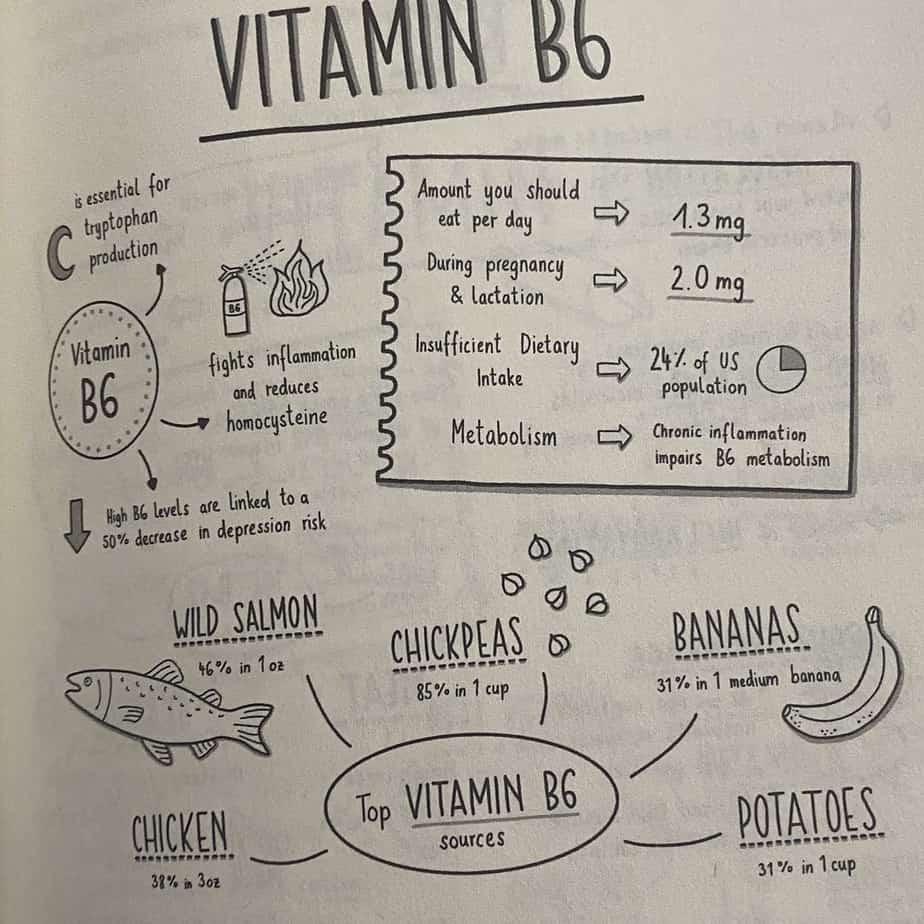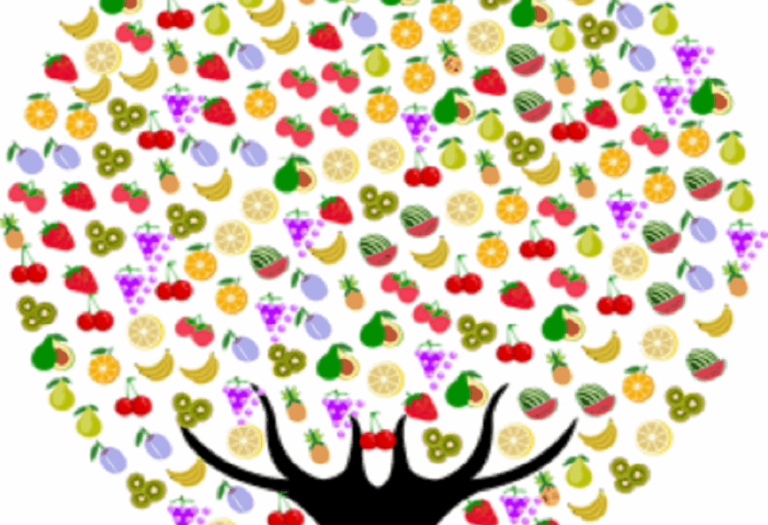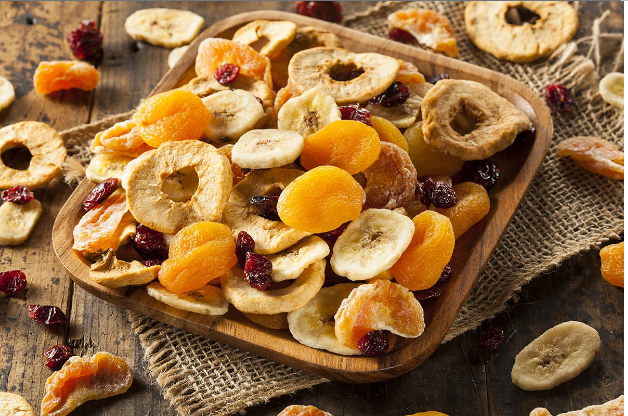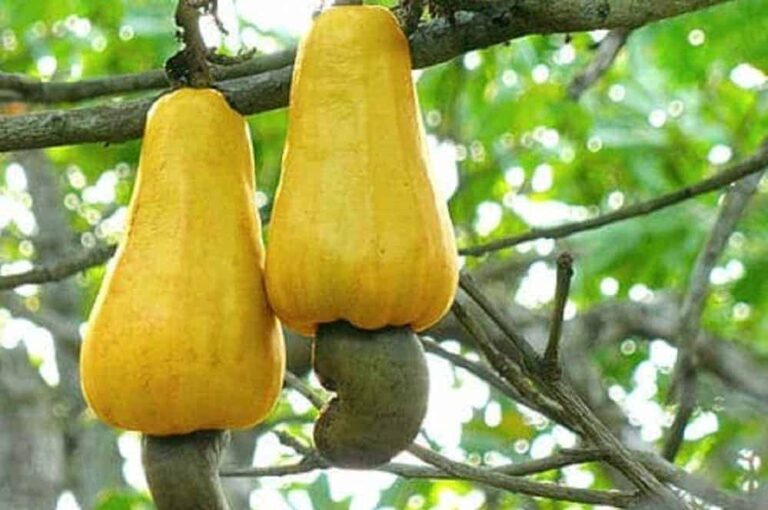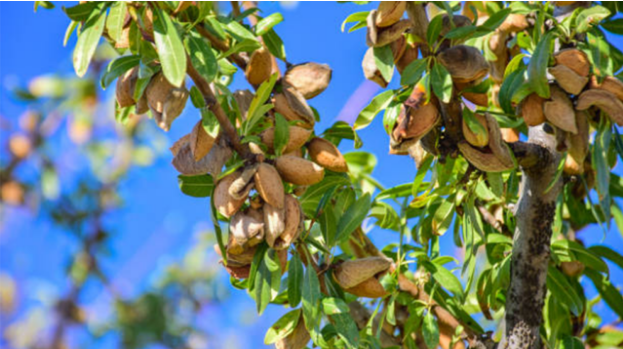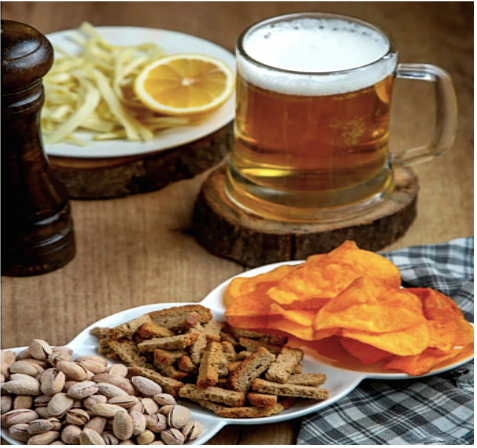Your cart is currently empty!
Beating Anxiety And Depression With Nutrients From Eating Nuts, Fruit, And Seeds
New research is showing us the effects of the blood-brain barrier. Understanding what vitamins the brain needs is key to maintaining healthy brain function.
Anxiety and depression are not simple to cure. But, part of the equation is a healthy brain. It might take as much as the next fifteen years or more for scientists to be able to understand the evidence. But, until that day, we need to find out what works for our own clinical practice.
Neuroplasticity And Brain Health
We are going to talk about neuroplasticity. It’s the ability of the brain to continue to make new connections between cells. What is important to know is that neuroplasticity is one reason why consuming brain-healthy nutrients is so important to brain health. Those vitamins and minerals can provide the brain with the fuel it needs to promote healthy, dynamic growth.
Inflammation And Brain Health
Brain function requires the foods that we eat have a direct influence on the inflammation of the gut. A significant number of people who have a diagnosis of anxiety and depression also show elevated levels of inflammation in the gut. My own Seasonal Affective Disorder (SAD), is a type of depression that tends to hit in the late fall and early winter months and has also shown a correlation to a higher level of inflammation in the digestive system.
There is a clear and strong link between inflammation and mood. Luckily, one of the most powerful tools available to combat this excess inflammation is food. Conditions, like leaky gut, have a proven link to consuming food with inflammatory properties. Reducing inflammation in the brain consequently could lead to reducing the effects of mental illness.
Microbiome And Brain Health
Other clinical research is showing the role of the microbiome in the intestines to bring healthier blood to the brain. When the gut has a diverse population of bacteria and microbes, the human gut functions in a more efficient way. Those bacteria are there to help us digest. All the best digestion takes nutrients to the blood and then to the brain. Professionals in health sciences now understand that the brain and gut are in almost constant communication. The microbiome in our gut influences how our brain functions.
Getting The Right Vitamins By Eating Nuts, Fruit, And Seeds
Here are seven nutrients from raw, vegan foods that lead to healthy brain function:
Magnesium In Almonds And Cashews Good For Brain Health
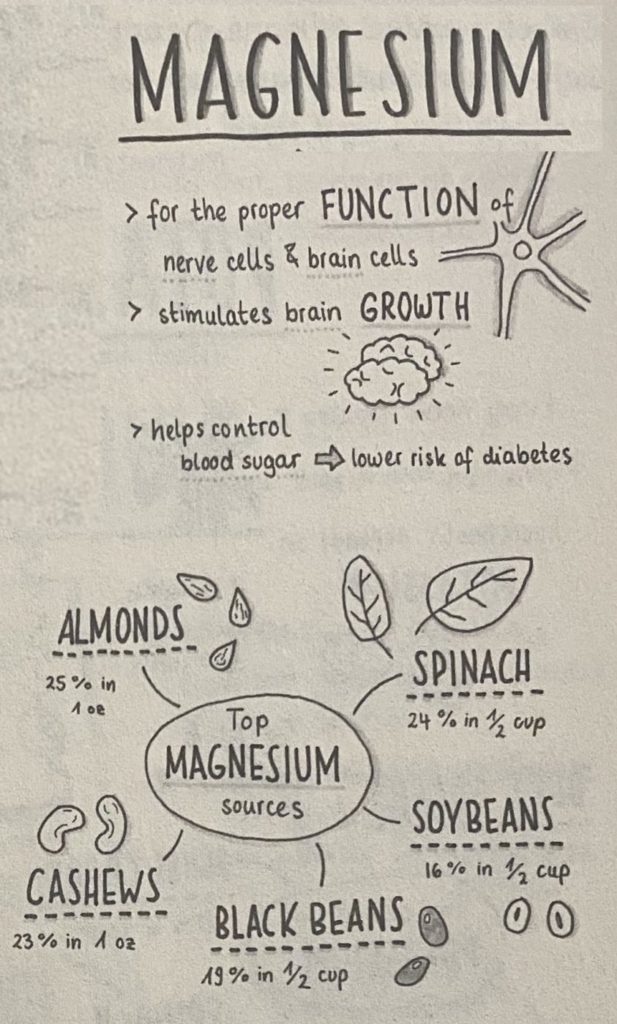
Magnesium helps to regulate several important neurotransmitters, including those that facilitate mood. It’s also known to improve sleep quality. This mineral is found in almonds and cashews. Sometimes called the “calming chemical”, plays a leading role in a great number of brain and body processes.
The brain requires this mineral for proper function. Magnesium supports the synaptic transmission and the neuromuscular conduction of nerve and brain cells.
Magnesium is one of the few nutrients that directly stimulate brain growth. It has been implicated in hundreds of different chemical reactions that occur in a healthy brain. Magnesium was one of the very first nutrients shown to help in the treatment of depression. Numerous studies have identified a connection between magnesium deficiency and poor mood. Studies have repeatedly shown that low magnesium levels increase the risk of depression.
Potassium In Bananas Good For Brain Health
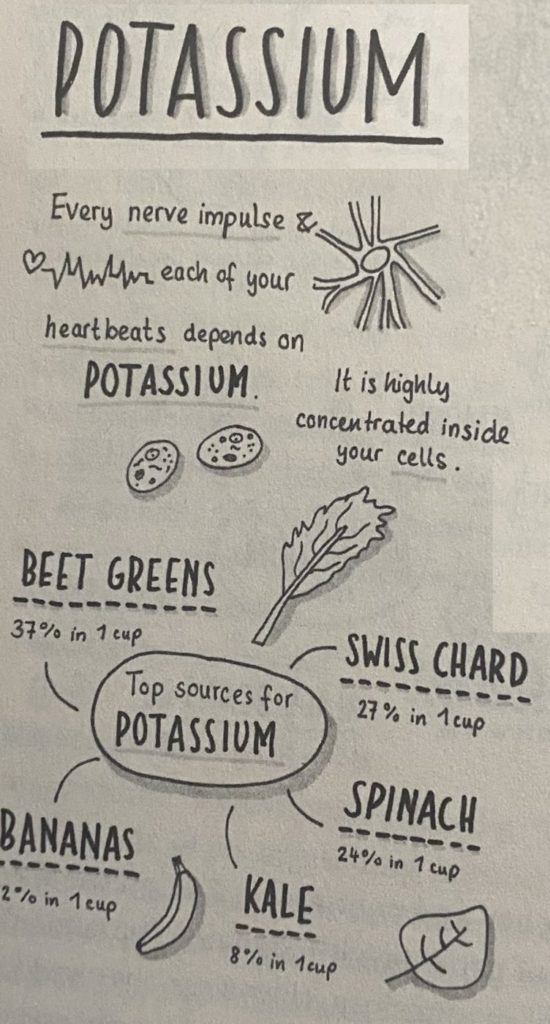
Potassium is a requirement for every electric impulse that travels along a neuron. Many fresh fruits and vegetables contain this essential mineral, including bananas. This mineral enables every nerve impulse and every neural signal across the human nervous system. Scientists have long understood that potassium helps cells remain in homeostasis, or healthy balance, by allowing the cell membrane to pump in vital nutrients and pump out waste. As such, it plays a role in getting oxygen to the brain and relaying signals from neuron to neuron.
A lack of adequate potassium has been linked to mental fatigue, as well as, a decrease in mood. Potassium also helps to regulate serotonin levels, while low levels have implications in some forms of chronic pain.
Selenium In Brazil Nuts Good For Brain Health
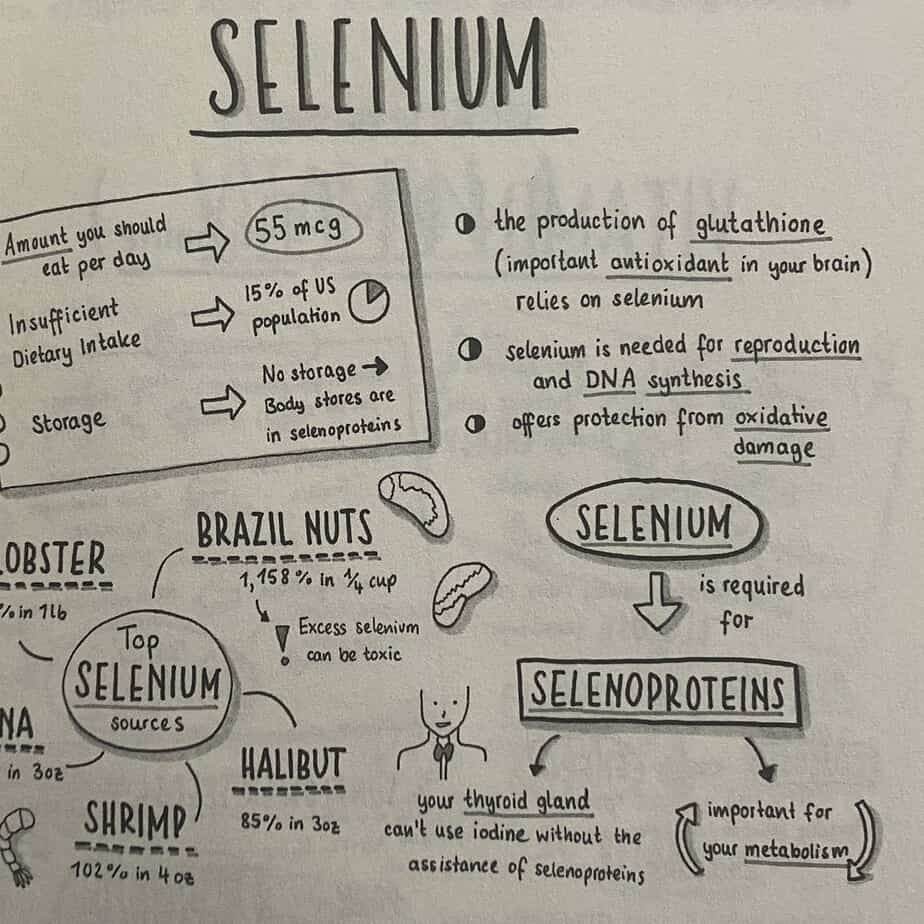
Selenium helps create a powerful antioxidant in your brain and is necessary for the proper functioning of the thyroid gland. This process creates antioxidants that regulate mood, energy, and anxiety. Mushrooms, Brazil nuts, and oatmeal contain this mineral.
This mineral also plays an important role in regulating metabolism, DNA synthesis, and brain signaling pathways. It is critical to thyroid health. It’s probably not a surprise that a deficiency in selenium has links to both anxiety and depression.
Vitamin B1 In Sunflower Seeds And Pecans Good For Brain Health
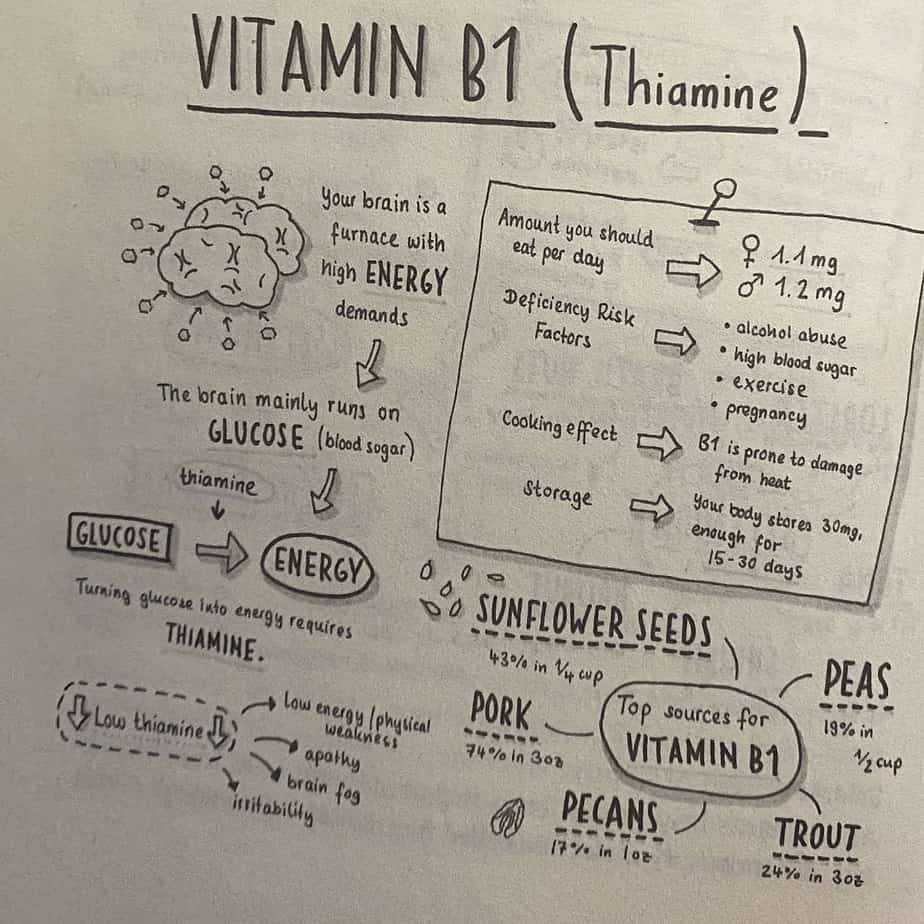
Thiamine, also known as vitamin B1, is fundamental to brain health because of its role in energy production. Pecans are a great source of B1. Also, sunflower seeds are another great source of B1
Called B1 because this was the very first vitamin to be discovered and isolated by scientists. The brain gets energy from glucose. In order to transform glucose into energy, the brain needs adequate levels of Vitamin B1. Individuals who are severely deficient in BI develop a condition that negatively affects the cardiovascular system. This eventually leads to severe neurological and psychiatric symptoms since the brain can’t get the energy it needs.
Vitamin B6 In Bananas is Good For Brain Health
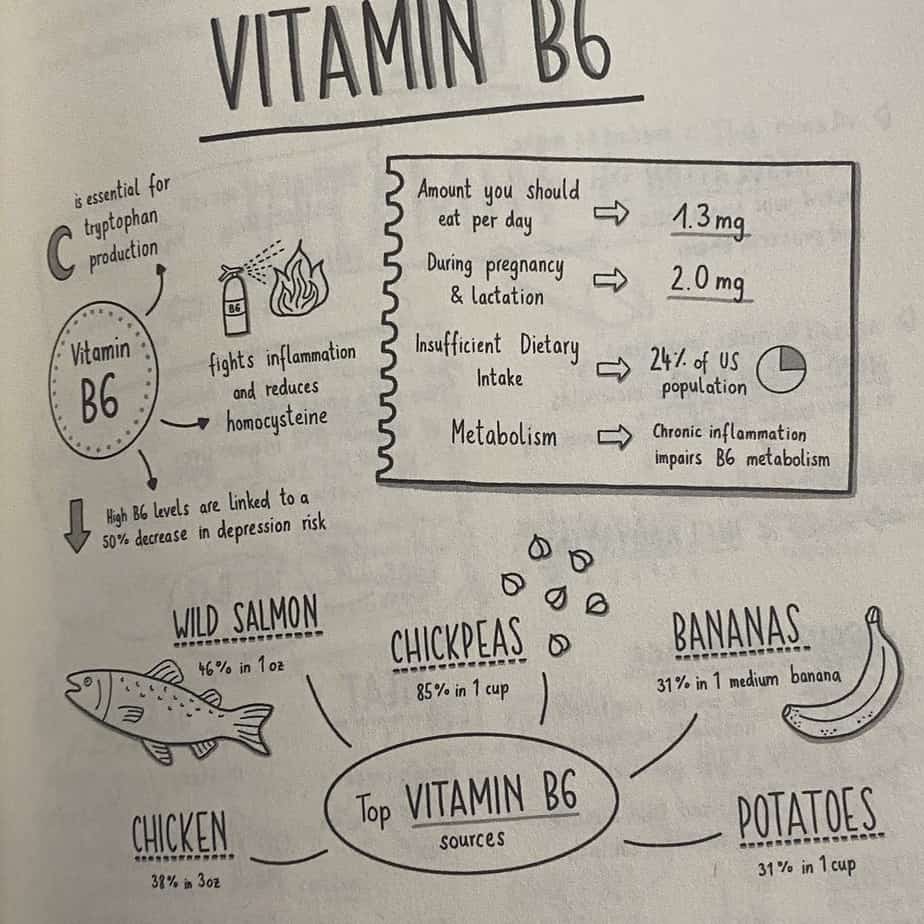
Vitamin B6, also called pyridoxine, is another member of the B vitamin family. Its main responsibility is to help convert the food we eat into energy. Playing a pivotal role in how the nervous system functions, from early development on through adulthood. Helping to transmit signals more efficiently and effectively.
Vitamin B6 is one of the ingredients that bodies need to make neurotransmitters like serotonin and norepinephrine, both of which influence mood. It also helps create melatonin, the hormone that regulates the body clock and tells us when it’s time to sleep. With its other vitamin B family cousins, it also helps to decrease levels of homocysteine–and, therefore, inflammation- as well as to make the red blood cells that help port oxygen to the brain. When B6 is low, people often have trouble concentrating. They may also experience feelings of nervousness, irritability, and sadness.
Vitamin C In Papaya Good For Brain Health
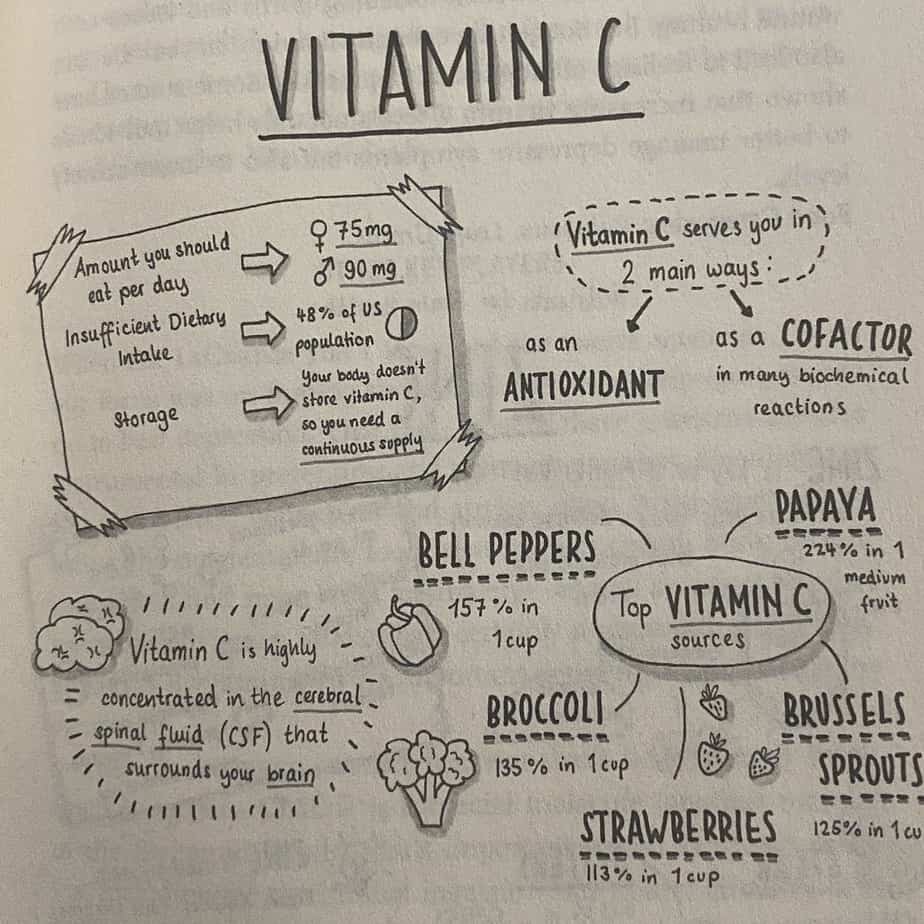
Many of us have heard of Vitamin C because of its reputation as a powerful antioxidant. It can counteract the damage caused by free radicals in brain cells. Papaya is an excellent source of Vitamin C along with cherries.
Vitamin C helps to counter the damage caused by inflammatory processes in both the body and the brain. It also acts as a cofactor in many chemical reactions and, in doing so, promotes cell health and neural signaling. It also can help you better absorb other vital nutrients like iron.
We’ve long known that vitamin C deficiency can lead to Scurvy, a disease that features swollen, bleeding gums and issues with wound healing. But, not getting enough vitamin C in your diet can also lead to feelings of fatigue and depression. Some studies have shown that increasing vitamin C levels not only helps individuals to better manage depressive symptoms but also to lower anxiety levels.
Oleic Acid In Almonds Good For Brain Function
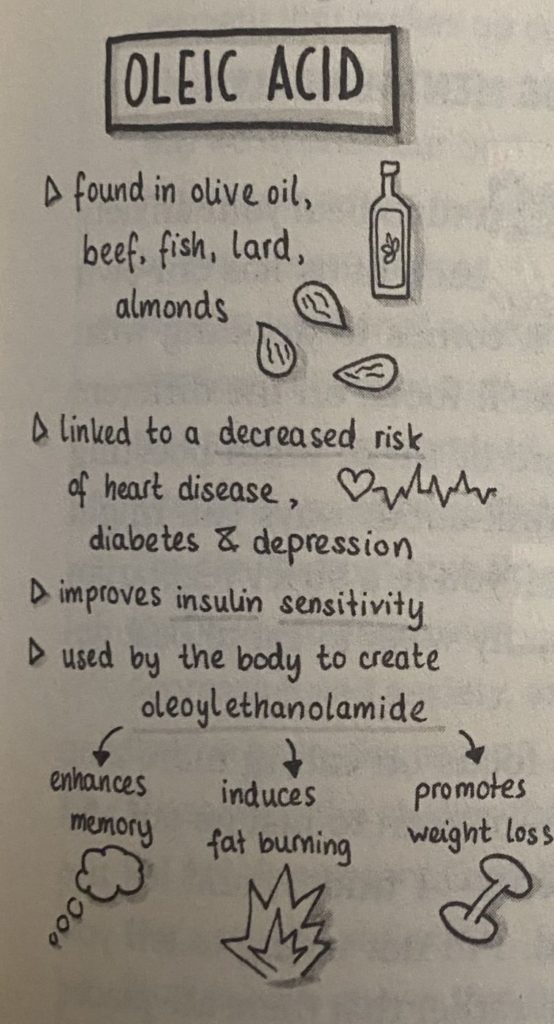
Oleic acid is classified as a monounsaturated omega-9 fatty acid. The triglycerides of oleic acid comprise the majority of olive oil and are also in almonds as well. It is a component of the normal human diet, being a part of animal fats and vegetable oils.
A 2017 review found that diets enriched in oleic acid are beneficial for regulating body weight. Professionals consider Oleic acid to be neuroprotective, meaning it helps heal the brain after injury and as we age.
Conclusion
In summary, ingesting nutrient-rich foods can help prevent negative outcomes in the brain. These seven nutrients are key to healthy brain function. These nutrients in the food you eat are a mental health factor that is entirely within your control. It is understood that all of this can be a lot of information to take in. A paleo nutritionist can help create a diet plan to make this easier to transition into and tap in fully.
We are only starting to understand the brain which is the most complex organ in the human body. We know that the blood-brain connection is key to overcoming anxiety and depression. Currently, the belief is that 20 percent of everything we eat is transformed into nutrients for our brains to consume. So, make food choices for your own longevity and happiness.
We provide energy and nutrients to our own brains with food. Undoubtedly, we have to focus on getting enough vital nutrients from a whole foods diet. Avoid chemicals and preservatives in the food you eat.
A Special Thanks To Drew Ramsey, MD for his book Eat To Beat Depression And Anxiety from Harper Collings Publishing.

